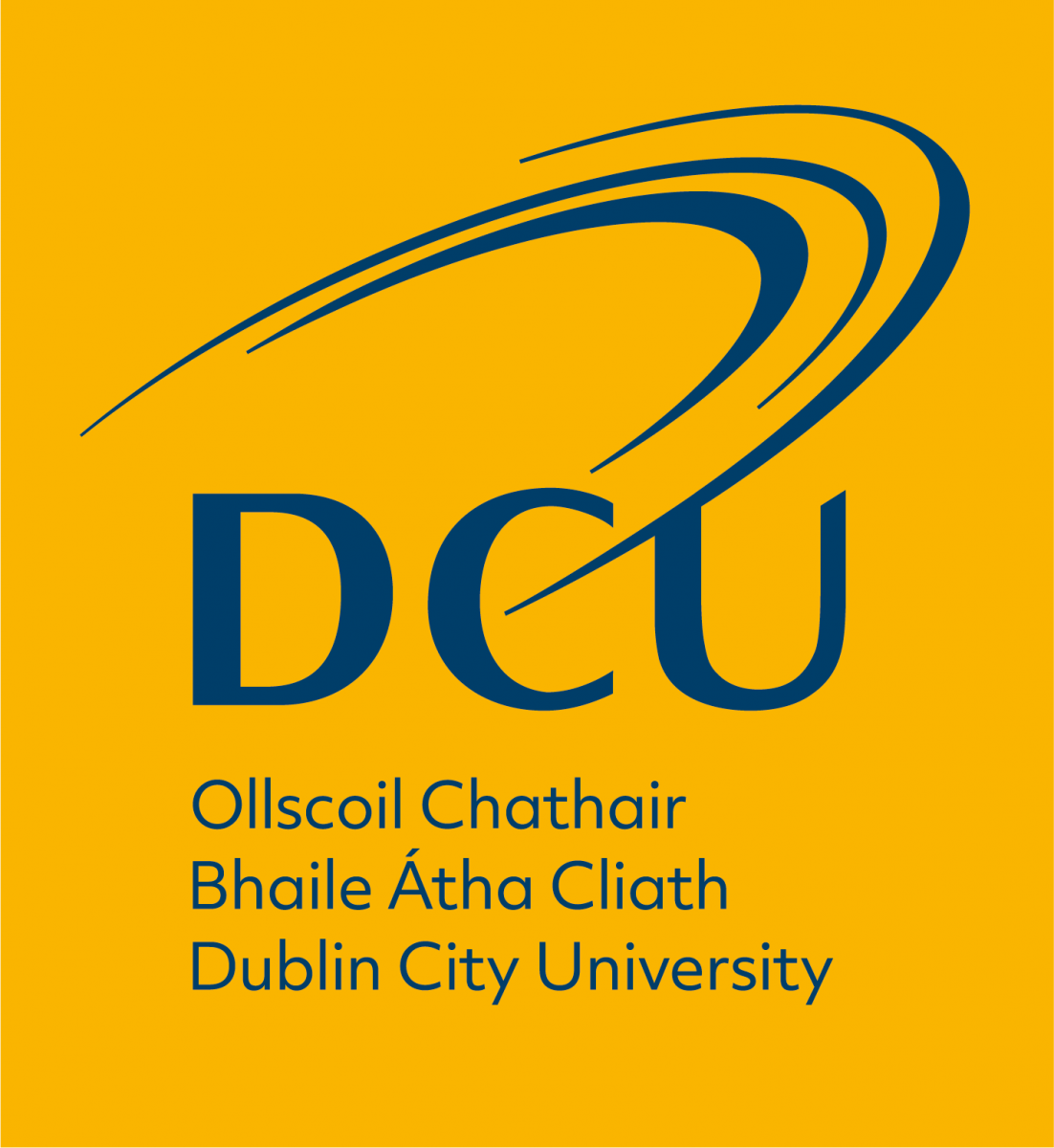As someone who has worked closely with the BA in Communications Studies programme at the School of Communications, DCU for a number of years, I have seen first-hand the high quality of work produced by its students. But, I've always thought it such a shame that this work, especially dissertations that students pour so much of themselves into, is only ever read by a tiny handful of people. As such, I was absolutely thrilled to see the emergence of the Communications Undergraduate Journal, a unique and important new initiative that showcases the very best student work from DCU’s BA in Communications Studies.
This is the first time I have seen a journal like this. It is wonderful to observe such a diverse range of articles in the current issue, which demonstrate fundamental aspects of the School's research expertise, from film studies to promotional culture, from digital media to communication theory. Each article demonstrates originality, outstanding critical thinking skills and a passion for communications research. Maybe some of the contributors will be inspired to pursue academic careers, but if not, this journal has provided an opportunity for them to sharpen and hone their research and writing skills.
However, more importantly than professional development, the journal allows students to share their perspectives on media and culture, and the pressing issues of the day. After all, this is what a critical education is all about: the production of knowledge! I want to congratulate the School of Communications and everyone involved in this endeavour, which I hope will inspire similar initiatives across our sector.
Context
The Communications Undergraduate Journal (CUJ) is a peer-reviewed, open access, multi-disciplinary journal targeted at undergraduate scholars, with contributions exclusively from the same student community. The journal is co-published by DCU’s School of Communications and DCU Library. Its core aim is to showcase examples of outstanding scholarly work from the BA in Communications Studies.
This degree programme was the first undergraduate degree in communications in Ireland, and since its inception in 1980, has remained a pioneering and innovative force in education in this domain. Today, it forms part of a School of Communications that is home to approximately 1,000 students, and is ranked in the top 200 of almost 4,500 universities worldwide in the area of communications.
The BA in Communications Studies is designed to give students a thorough and holistic understanding of the role communications play in local, national and international settings by helping them to develop the scope and skills to think critically about communication in its various forms. The programme’s diverse range of modules combine to engender an awareness among students of the ways in which mass media both reflect and construct representations of the world.
Another important concern of CUJ is to encourage students to experience how library-based scholarly content is sourced and applied effectively. Mechanising successful search strategies and critical use of scholarly information is an important ingredient of sound academic writing: it is a key skill that every successful undergraduate student should seek to master.
